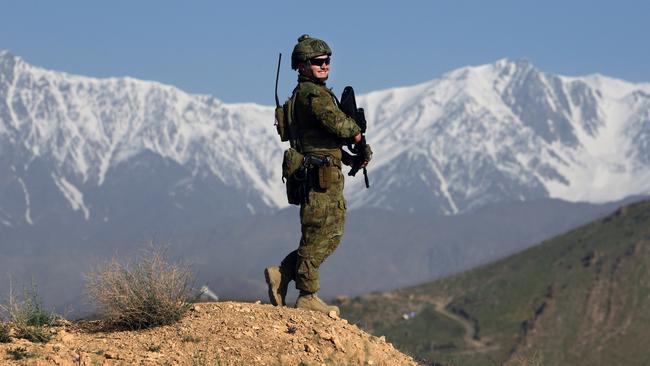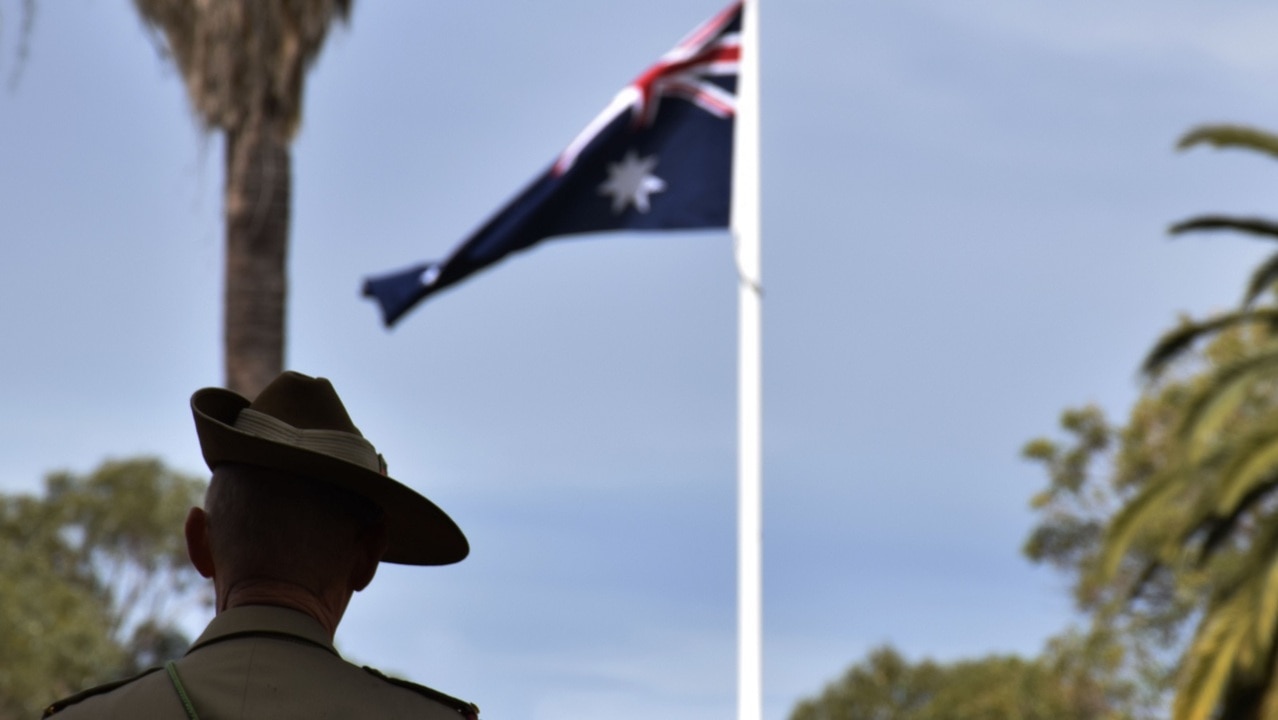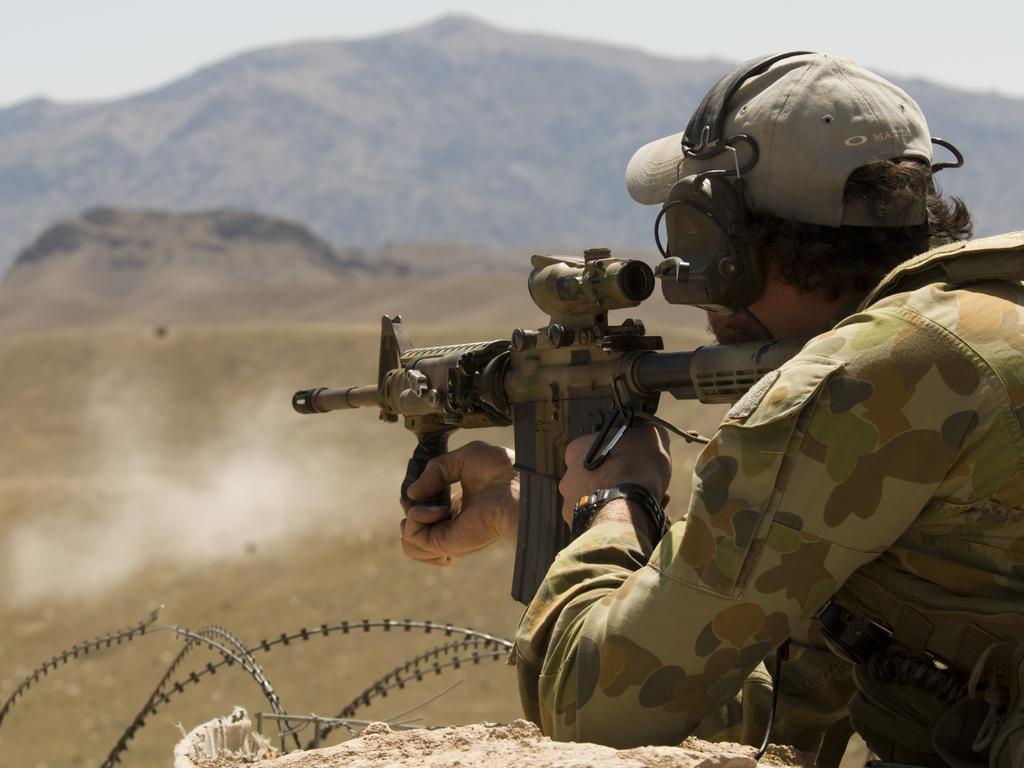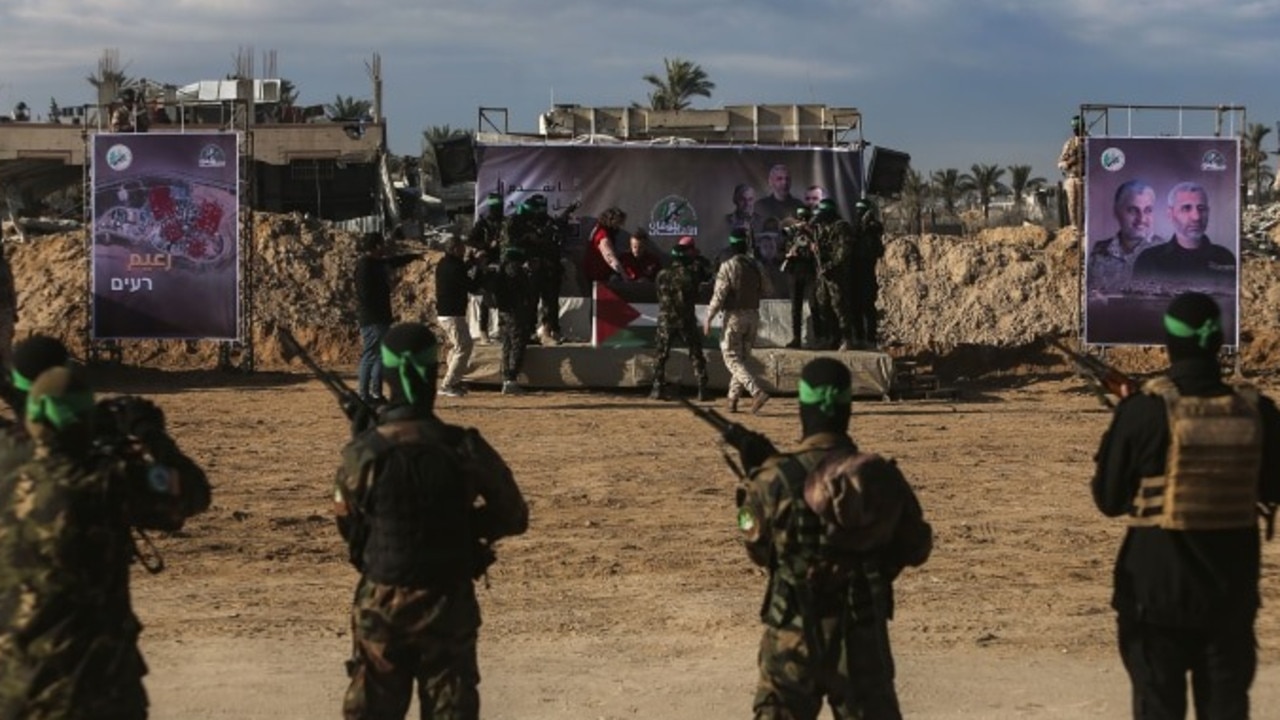
The Western intervention in Afghanistan has been a strategic failure accompanied by countless tactical successes.
The Western coalition forces have thus been like a snake in a handler’s arms — always feeling they’re making progress, but actually staying in the same spot. Joe Biden is right to withdraw US troops. Australia is right to follow him out. Twenty years is long enough.
Australia never had a strategic purpose in Afghanistan except to show the Americans we were good allies. That is not a trivial purpose, but we had no independent strategic ambition at all. And the lethal but weirdly limited way we waged war there stored up terrible trouble for our SAS troops.
Scott Morrison was right to pay fulsome, heartfelt tribute to the 41 Australians who died in combat. They gave the full measure of their lives in service that their nation asked of them. They deserve every honour we can bestow them, above all they deserve our memory and our thanks. Nonetheless, honouring them does not mean sugar-coating the strategic failure.
The Western intervention had an immediate tactical aim, and a long-term strategic aim. The immediate aim of going into Afghanistan was to impose a penalty on the Afghan government for supporting the al-Qa’ida terrorists who attacked the US on 9/11, to prevent the country harbouring these terrorists in the future, and to capture Osama bin Laden.
The first two parts of that were successful, although it was many years later that the Americans caught up with the al-Qa’ida leader, and killed him, in Pakistan.
But then the Americans wanted to do something more for the Afghan people, wanted to set up a modern state in a modern society, which respected the human rights of its citizens, especially its women and girls, and became a reliable partner, or at least interlocutor, for the US and its allies, politically and strategically.
This strategic effort has been pretty much a dismal failure. After 20 years, the national government is shaky.
The Taliban, with its extreme Islamist ideology, dominates the countryside while the government holds the big towns and cities.
Even in the towns and cities it’s not very secure.
After 20 years of allied intervention, the Afghan government still doesn’t have an air force to speak of, although air power will be absolutely critical to staving off an eventual full takeover by the Taliban or other warlords.
The nature of American support after they pull out their remaining troops is critical now. Diplomatic support and civilian aid is much less important than air support, military equipment and ongoing logistics.
There have been substantial social advances in Afghanistan over the last 20 years. These are real and previous — more girls in school, a slowly emerging middle class, some freedom of expression.
But all this counts for nothing if the Taliban come back to power five minutes after the Americans leave.
The connection between state and society has always been tenuous in Afghanistan and Western intervention didn’t transform this doleful reality.

The only matter of strategic importance for Australia in Afghanistan was alliance management, making sure the Americans knew they could count on us.
We never took responsibility for leadership in a single province because the conflict never meant that much to us. We always sent the SAS and the commandos to do the real fighting because they were good at it, the Americans valued them, and they didn’t suffer too high a casualty rate.
As far as possible, we kept the regular army away from combat.
We massively overused the SAS, we massively underused the army, as though you could take the army anywhere except into battle. We messed up the SAS through dreadful over-exploitation.
Now, after 20 years, the future of Afghanistan is as shaky and risky as could be. Did we, or Afghanistan, gain anything from the last 10 years of that commitment, or even the last 15?
It’s a tough question.








